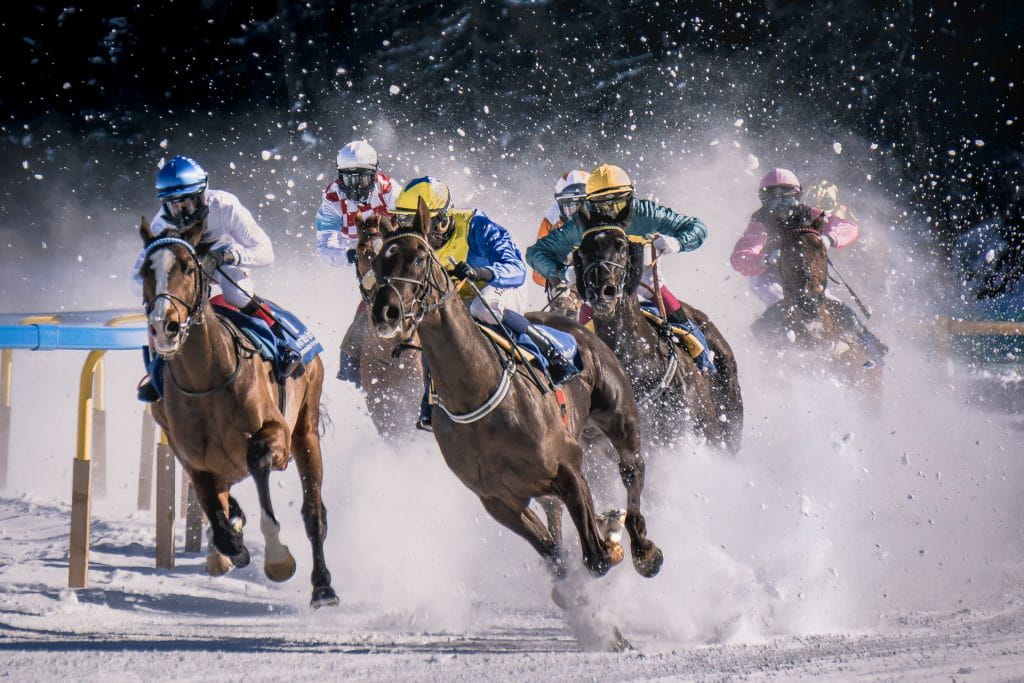Finland: Ende des monopolies?
- Copy URLURL kopiert!
- Share on Facebook
- Share on Twitter
As part of a webinar of the EGBA, industry experts critically analyzed the monopoly position in Finland. The Scandinavian state is one of the few countries on the European continent that continues to adhere to a state gambling monopoly and denies private providers. According to the participating experts, this type of regulation play the black market in the cards, since a large part of the Finnish player community would play in the unregulated area of online gambling despite an online offer.

Gambling in a state -owned hand
Since 2017, there is only a permitted provider with Veikkaus on the Finnish gaming market. Before that, the local industry was also in a state -owned man Select between three different providers. From an economic point of view, the merger of the three former companies is a fiasco for the Finnish gaming industry. To this end the industry experts are in the webinar of the Crime came.
Absolutely. The EGBA (The European Gaming and Betting Association) is the Gambling authority of the State Association based in Brussels and represents the leading online gambling and betting providers that are licensed and regulated. She works with international and European regulatory authorities and other interest groups to create a regulated and channeled online gambling market. The focus is on a high level of consumer protection.
Jari Vähenen from the Finnish Gambling Consultants consultant group and Ed Birkin from H2 Gambling Capital present the latest figures in the local gaming market, which the experts did not predict a rosy future. So since the merger of the three providers the Sales decreased from year to year noticeably. For the current year, too, the gaming yields are still on the descending branch.
In a joint discussion, the expert group tried to find the exact reasons for the weakening gaming market. Even if, according to the insiders, monopolization is no longer up to date, it is not an automatic indicator of a weakening economic situation. However, it is striking that the Finnish players increasingly play in the online segment would. In 2019, the state monopolist Veikkaus generated around 40 percent of its total income through the online market. According to the latest interim report for the current year, this proportion has even increased to 65 percent.
Does the channeling order fail?
Official figures about the distribution between digital and analogue gambling are only available from Veikkaus itself due to the monopoly position. Nevertheless, other industry players also raise statistical facts in the same way. For example, the figures of the H2 Gambling Revenue state that 40 percent share of the total income by the online market not just due to Veikkaus be.
Rather, more and more Finnish players would play in foreign and non-licensed online casinos that officially illegal under Finnish law are. Around 30 percent of the player community would be played outside the state monopolist in 2016. For the current year, the experts assume 35 percent – the trend is rising.
This development is worrying because the shift in player behavior inspires the black market and endanger the channeling order. Although many foreign online casinos have a valid license and are not to be assigned to the black market in the overall context, but there are also providers who act without a license. This results in one uncontrollable danger for the player community. The channeling rate in Finland is currently 65 percent. The cross comparison on the European average, which is 75 percent, illustrates that the Finnish gaming market cannot fulfill its mandate.
Through liberalization to the goal? In Great Britain and USA, according to the numbers of the H2 Gambling Revenue, the sewage rate is over 80 percent. Both markets follow a liberal approach and have opened the online gambling market for private providers. Prerequisite: a state or European license as well as the fulfillment of the specified quality standards.
Restrictions instead of liberalization
Many European countries have recently had theirs Gambling legislation adapted to modern conditions and legalized the online gambling under certain conditions. This is supposed to crow off the black market and the focus is intended to be directed to player protection. Finland still does not seem to be of this strategy and recently indicated with further restrictions that the Gambling market in a state -owned hand remains.
Isolation. According to the recent restrictions, Veikkaus is only allowed to switch advertising for sports and horse betting. In addition, deployment limits apply to the entire offer of the state monopolist – both digitally and state -based. Furthermore, a new law is in the starting blocks, which should keep foreign providers more effectively away from their own market. Switzerland serves as a model that blocks illegal online casinos by means of a “black list”.
